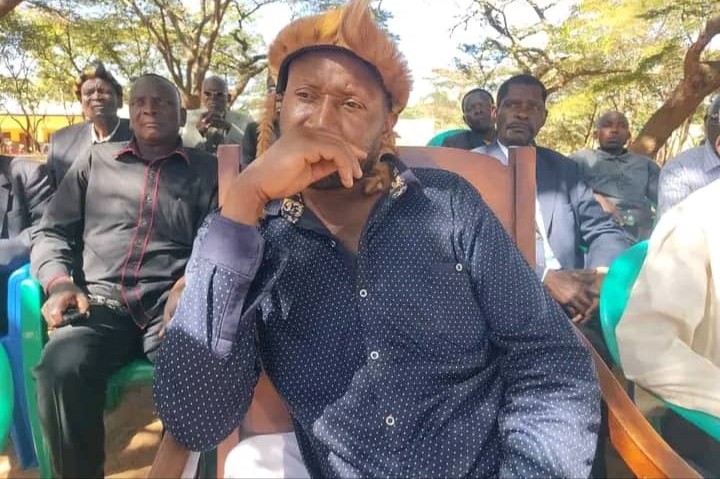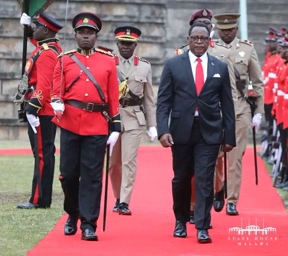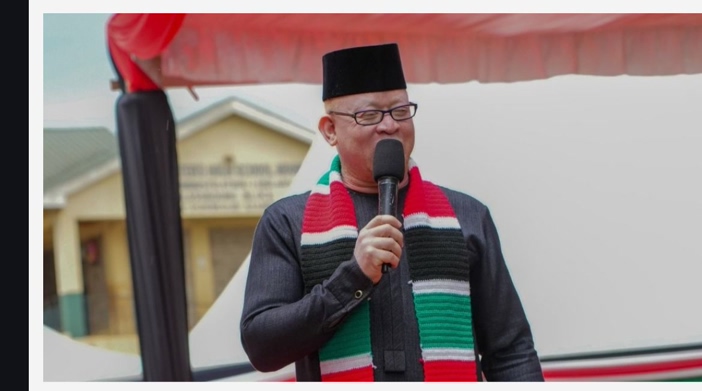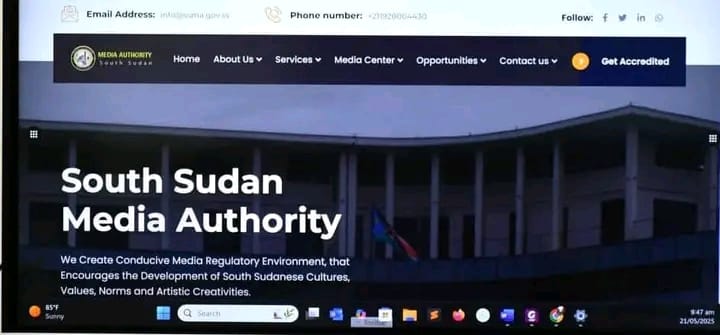Nigeria – Lawmakers Propose Free Internet Access for Public Hospitals

By Onoja Baba, Nigeria
The Nigerian House of Representatives has taken steps toward providing free internet access in public hospitals and other key locations across the country.
Last week, lawmakers passed a bill during its first reading, titled “An Act to Provide the Legal Framework for the Free Internet Access Program in Selected Public Places in Nigeria and for Other Related Matters.”
Sponsored by Mr. Abubakar Kusada, who represents Kankia/Ingawa/Kusada Federal Constituency of Katsina State, the bill seeks to enhance internet accessibility in critical public spaces. Kusada emphasized the need for Nigeria to recognize the importance of information and communications technology (ICT) in nation-building, highlighting the policy goal to create “an environment that ensures availability and accessibility to reliable and secure internet access.”
According to the bill, public places included in the proposed free internet program are federal, state, and local government offices, secondary and tertiary institutions, public hospitals, and health centers in rural areas. It also extends to police, military, and Customs barracks, public parks, libraries, airports, seaports, and transportation terminals.
A key provision of the bill stipulates that no fees shall be charged for accessing public internet services, while also ensuring that the internet used for public access is distinct from that used for internal government systems. The bill further mandates that any technical solutions restricting access must only be implemented in the event of a significant security risk and must prioritize ease of use whenever possible.
The Nigerian Communications Commission (NCC) and the National Information Technology Development Agency (NITDA) are designated as the lead agencies responsible for implementing the program. Section 3 of the bill charges them with creating a comprehensive rollout plan within one year, coordinating with federal, state, and local governments, private sector entities, and advocacy groups such as the Nigerian Internet Group. Additionally, these agencies are tasked with developing policies and regulations to ensure the efficient delivery of free internet services.
The bill also mandates that the minimum internet speed per user must be at least two megabytes per second, aligning with the National Broadband Plan’s standards. Furthermore, it encourages public-private partnerships to optimize service delivery, allowing private sector partners to provide supplemental internet services for a fee, under the oversight of the NCC.
categories
recent posts

MALAWI: Mzimba Chief Dismisses Traditional Leaders Over Anti-MCP Primary Statement

MALAWI: President Chakwera Heads To SADC Summit In Zimbabwe


South Sudan Media Authority Launches Official Website

